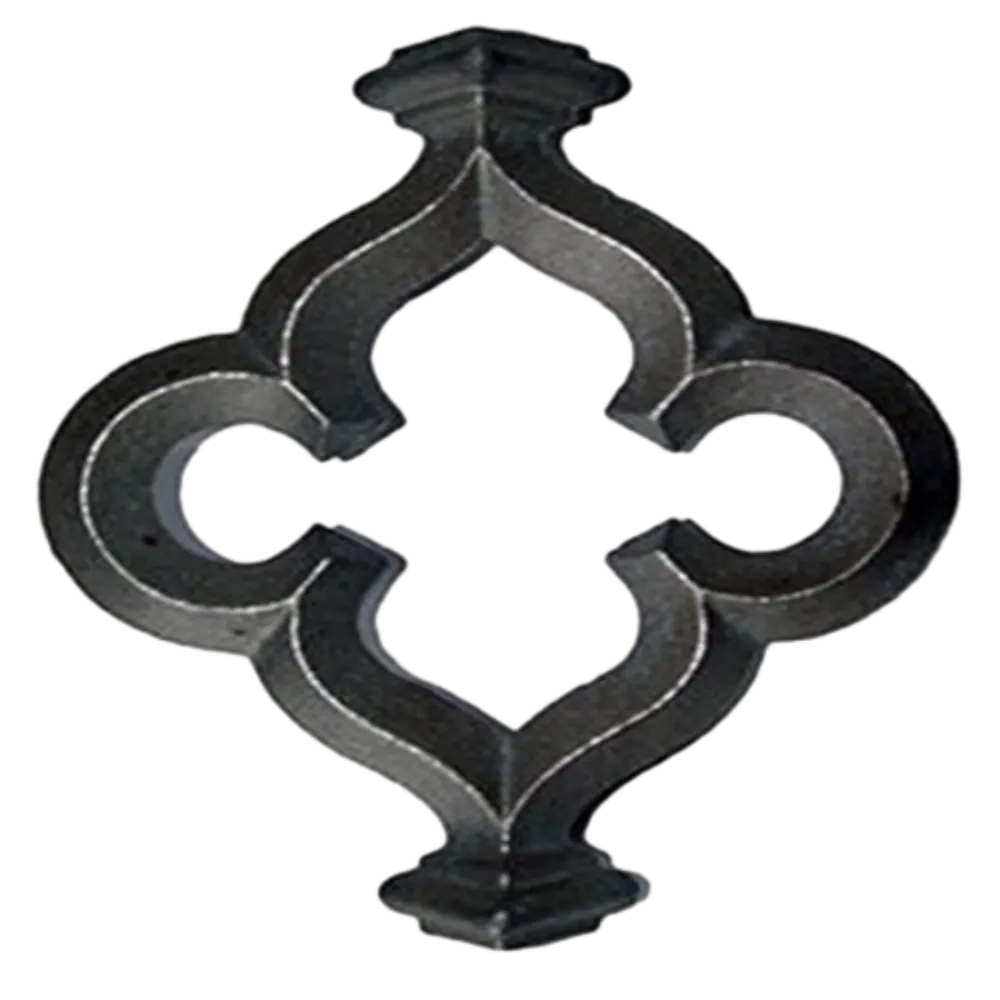Sliding Door Wheel Rollers for Smooth and Quiet Operation
Understanding Sliding Door Roller Wheels A Comprehensive Guide
Sliding doors have become a popular architectural feature in many homes and businesses due to their convenience and aesthetic appeal. Fundamental to their smooth operation are the sliding door roller wheels. These small yet essential components play a critical role in ensuring the functionality and longevity of sliding doors. This article explores the importance of sliding door roller wheels, their types, maintenance, and how to choose the right ones for your sliding doors.
The Importance of Roller Wheels
Sliding door roller wheels enable the smooth opening and closing of doors, allowing for effortless access and enhanced space efficiency. They help reduce the friction that occurs when the door is moved along its track, which minimizes wear and tear. Without quality roller wheels, sliding doors can become difficult to operate, leading to potential damage to both the door and the track, as well as safety hazards.
Types of Sliding Door Roller Wheels
There are various types of roller wheels designed for specific sliding door applications. The most common types include
1. Metal Roller Wheels Made from durable materials such as steel or aluminum, metal roller wheels are designed for heavy-duty sliding doors. They are particularly effective for larger doors, such as patio doors, and provide excellent longevity and strength.
2. Plastic Roller Wheels Often used for lighter sliding doors, such as closet doors, plastic roller wheels are lightweight and generally less expensive. While they may not withstand heavy usage as well as metal ones, they are sufficient for lower-weight applications.
3. Ball Bearing Wheels These roller wheels come equipped with ball bearings that significantly reduce friction and allow for smoother sliding motion. Ball bearing wheels are ideal for frequent use and can be found in both metal and plastic variants.
4. Adjustable Roller Wheels Many sliding door systems come with adjustable roller wheels, allowing users to customize the height of the door for a perfect fit. This feature is especially useful for accommodating uneven ground or aligning the door with existing frames.
Maintaining Sliding Door Roller Wheels
sliding door roller wheels

Proper maintenance can extend the life of your sliding door roller wheels and enhance overall performance
. Here are some tips to consider- Regular Cleaning Dust, dirt, and debris can accumulate on the tracks and roller wheels, leading to friction and operational issues. Regularly clean both the tracks and roller wheels with a damp cloth to keep them free from obstructions.
- Lubrication Periodically lubricate the roller wheels and tracks with a suitable lubricant, such as silicone spray or petroleum jelly. This will reduce friction and ensure smooth operation.
- Inspect for Damage Over time, roller wheels can wear out or become damaged. Regularly inspect the wheels and replace any that show signs of excessive wear or breakage to maintain optimal functionality.
Choosing the Right Roller Wheels
When selecting roller wheels for your sliding doors, consider the following factors
- Weight Capacity Different roller wheels are designed to support various weights. Assess the weight of your sliding door to choose appropriate wheels.
- Material The material of the roller wheel impacts its durability and performance. Choose metal wheels for heavy doors and plastic wheels for lighter ones.
- Compatibility Ensure that the roller wheels you purchase are compatible with your sliding door system. Check the diameter, width, and design to ensure a proper fit.
In conclusion, sliding door roller wheels are crucial for the seamless operation of sliding doors. By understanding their types, maintenance needs, and how to select the right ones, you can ensure that your sliding doors operate smoothly and reliably for years to come. Whether for a home or business, investing in quality roller wheels is an essential step toward enhancing functionality and improving the overall experience of your sliding door system.
-
Why Choose TJJ as Your Window and Door Hardware Manufacturer?NewsOct.28,2024
-
The Advantages of Cast Iron Stove Plates: A Timeless Choice for Your KitchenNewsOct.28,2024
-
Aluminium Windows Profiles: Benefits and FeaturesNewsOct.28,2024
-
Innovations in Cast Iron Panel TechnologyNewsOct.28,2024
-
The Benefits of Customizing Your Wrought Iron Fence PartsNewsOct.28,2024
-
The Immortal Legacy of Cast Iron Spears: From War to Decorative UseNewsOct.21,2024
-
 Why Choose TJJ as Your Window and Door Hardware Manufacturer?Oct-28-2024Why Choose TJJ as Your Window and Door Hardware Manufacturer?
Why Choose TJJ as Your Window and Door Hardware Manufacturer?Oct-28-2024Why Choose TJJ as Your Window and Door Hardware Manufacturer? -
 The Advantages of Cast Iron Stove Plates: A Timeless Choice for Your KitchenOct-28-2024The Advantages of Cast Iron Stove Plates: A Timeless Choice for Your Kitchen
The Advantages of Cast Iron Stove Plates: A Timeless Choice for Your KitchenOct-28-2024The Advantages of Cast Iron Stove Plates: A Timeless Choice for Your Kitchen -
 Aluminium Windows Profiles: Benefits and FeaturesOct-28-2024Aluminium Windows Profiles: Benefits and Features
Aluminium Windows Profiles: Benefits and FeaturesOct-28-2024Aluminium Windows Profiles: Benefits and Features












